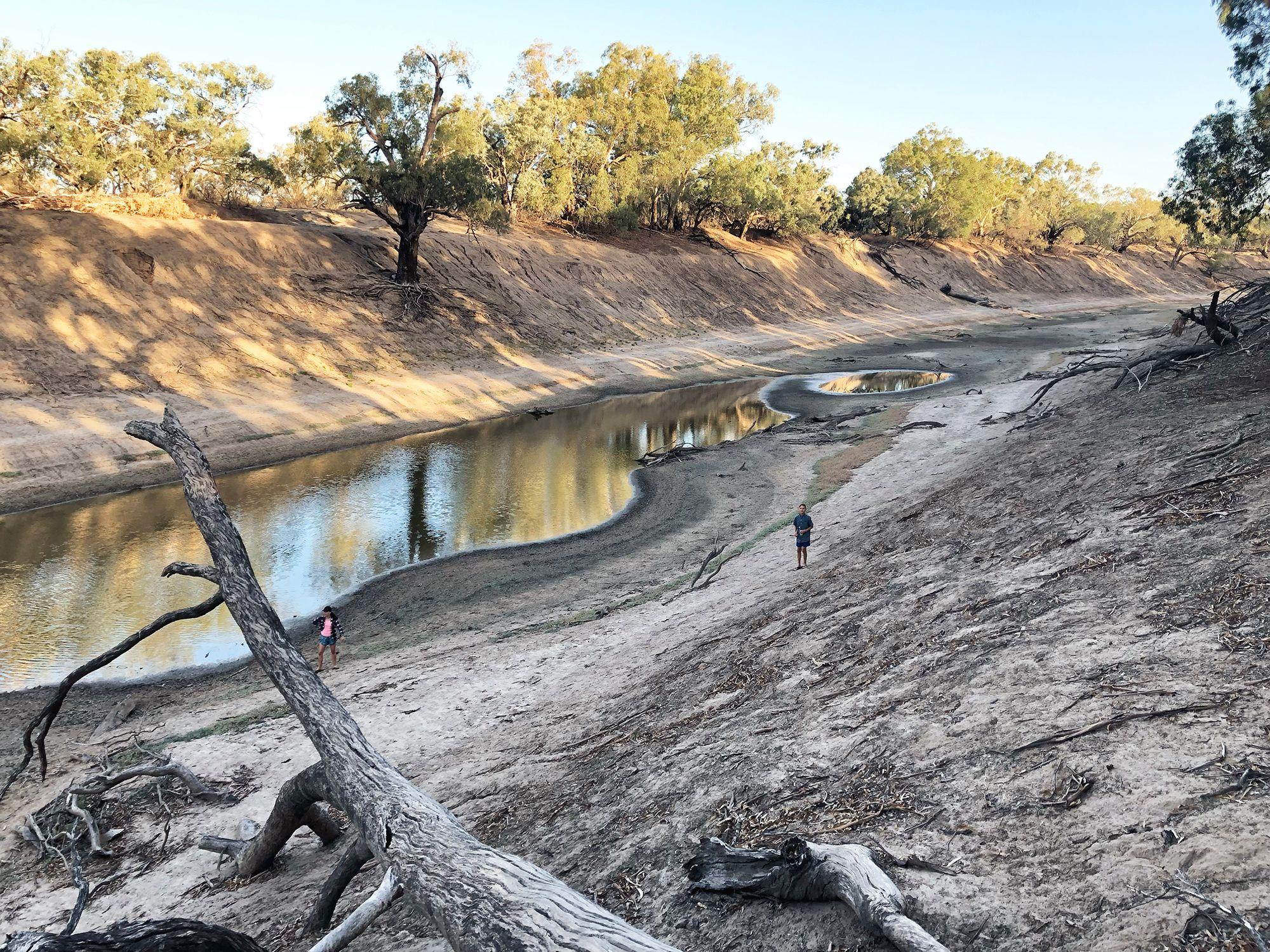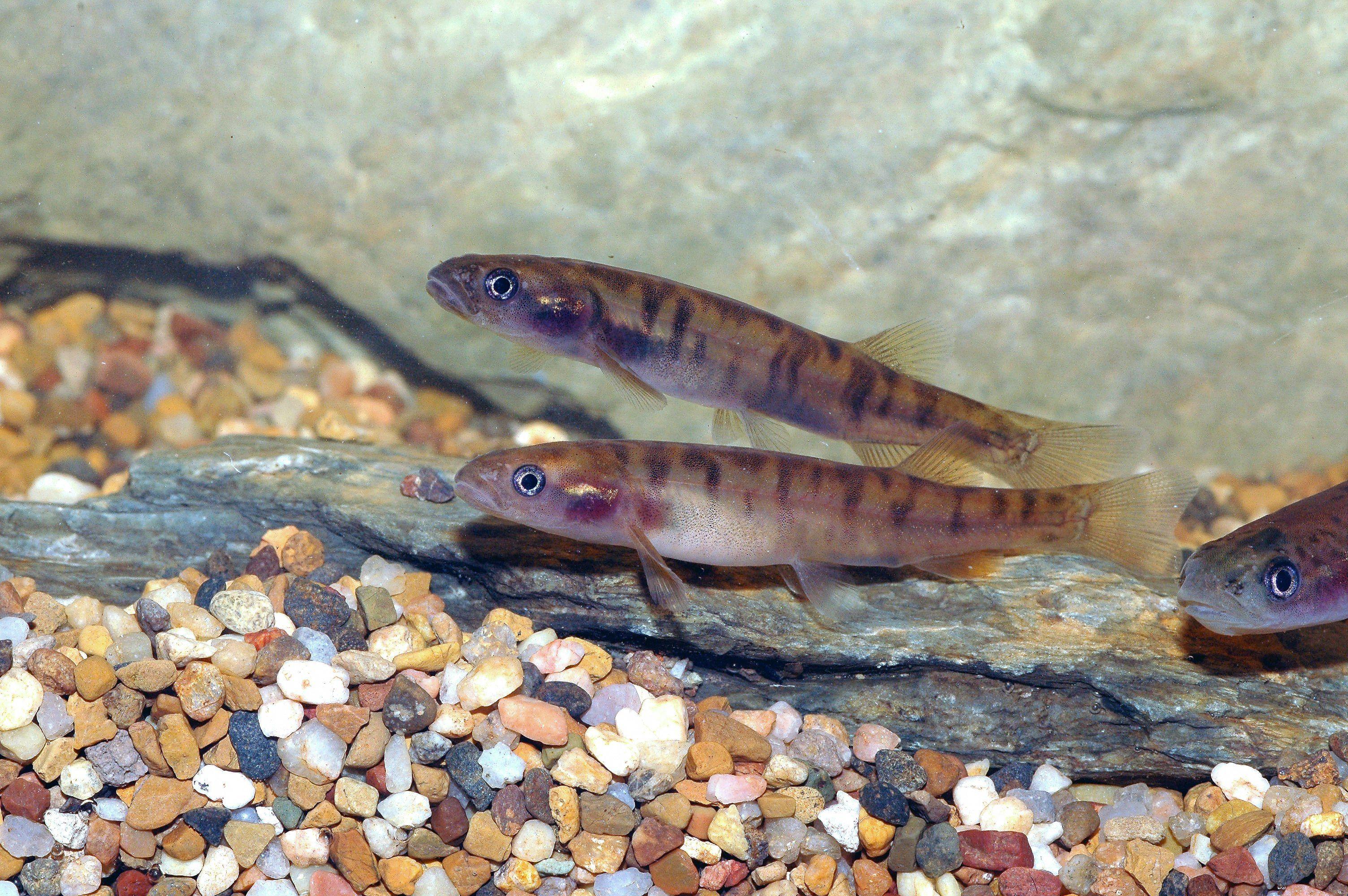Insights from our budget washup webinar

The Darling River ceased to flow in 2019. This budget allocated some money to water buybacks for environmental flows. Image: Jaana Dielenberg
News story
29 May 2024
Missed our budget washup webinar? You can catch up with the recording and access resources and other insights into the budget in this article.
Thank you to the 166 people who attended our webinar on the federal budget, where we heard that about 1/1000th of the budget is allocated towards on-ground nature and biodiversity conservation. There is a lot of community attention on this issue.
You can now watch a recording of the webinar. In the recording you will hear from:
- Biodiversity Councillor Economist Associate Professor Patrick O’Connor from The University of Adelaide on the budget context and specific items in the budget that help or harm nature.
- Biodiversity Council Director James Trezise on where to look in the budget papers to see past political spin, plus longer-term trends in federal spending on biodiversity.
- Biodiversity Lead Councillor Professor of Sustainability Sarah Bekessy, RMIT University, about how we can all ask for a better budget for nature and why we need to.
- Questions from our audience.
Watch the 43 minute webinar on the implications of this budget for the on-ground care of nature and where to from here.

Speakers at the 21 May webinar.
In the webinar Professor Sarah Bekessy talked about how everyone can help ask for a better budget for nature. As a starting point, here are 3 key funding needs and the references to back them.
- $2 billion per year focused on the recovery of threatened native plants and animals. Reference: Wintle et al 2019. (The paper estimated that $1.7 billion per year was needed based on the number of listed species in 2019 but as the federal threatened species has increased by 20% at least $2 billion is now needed.)
- Another $2 billion per year to drive ecosystem restoration across Australia's degraded lands. Reference: Mappin et al 2021
- Create a $5 billion fund to purchase land with high biodiversity values to meet our 30% conserved by 2030 commitment. Reference: Fitzsimons et al 2023
Funding these needs could come from ceasing the $10 billion/year federal fuel tax credits scheme. Ending this scheme would also provide a wide range of other environmental benefits and remove a perverse disincentive of renewable energy projects.
Funding alone won't save Australian biodiversity, effective reform of Australia's Environmental Protection and Biodiversity Conservation Action is also essential. The Biodiversity Council has identified 10 elements that are essential to get right in the long-overdue reforms.

The Yalmy Galaxia is one of 14 galaxiid fish species that need significant urgent investment to prevent their extinctions. Image: Tarmo Raadik.
Excerpts from the webinar:
Associate Professor Patrick O'Connor:
There is locked into the budget, about $44 billion over the next four years for fuel tax credits. So that's where we actually pay to subsidise the use of fossil fuels. And if we took away those subsidies, much of what we see as carbon offsets in western New South Wales and Queensland wouldn't occur because without the subsidisation of diesel, it's not worth pushing the Acacia scrub lands over in many cases, and so that carbon will just sequester itself. So the fuel tax has a lot of adverse effects, particularly negative effects on biodiversity both in clearance and in creating a haze around what's additional or not additional in the carbon market. So, it's a very concerning thing, that we keep that fuel tax credit instead of moving to incentivising things that move away from that. If you are perversely incentivising old technologies, it's difficult to move to new technologies.
James Trezise:
When we go into budget lock ups you get handed a pile of media releases, and what you need to do is put those media releases to the side and actually go and pick up the budget papers because that's where the truth lies. When there isn't much in the budget for your thing. politicians of all shapes and sizes will generally reach back and grab things they've already announced in previous years and repackage them and assume that the media and the punters won't really understand what it is they're announcing and get away with re announcing something and that's what we saw. So if you want to know where to look in a budget to find out what the new spending actually is go to table 2 in budget paper 2. In this budget 'reducing the impact of litter and supporting on ground biodiversity actions' has 200k for 2024-25 and $100k in the three future years. That's pretty much the rub out of what what came out of this budget for unground biodiversity conservation in nature.
Professor Sarah Bekessy:
As a sector we need to do better at making the case for investing in nature, and then actually clearly articulating a coordinated ask. 67% of people think that everything in nature is great out there. We obviously need to turn that around. We need to tell the stories of great barrier reef collapse and koalas going extinct and things that are really going to pull at people's heartstrings, but our research shows that you can't have a negative message and expect people not to feel despair without linking it to an action message, an efficacy message, something we can all do about it. And I really think that supporting the government in investing properly, could be a key part of that.














